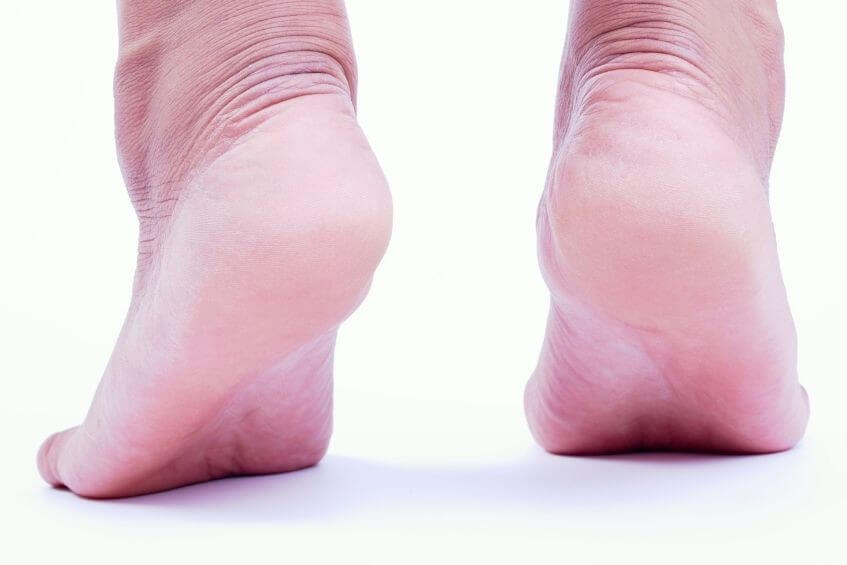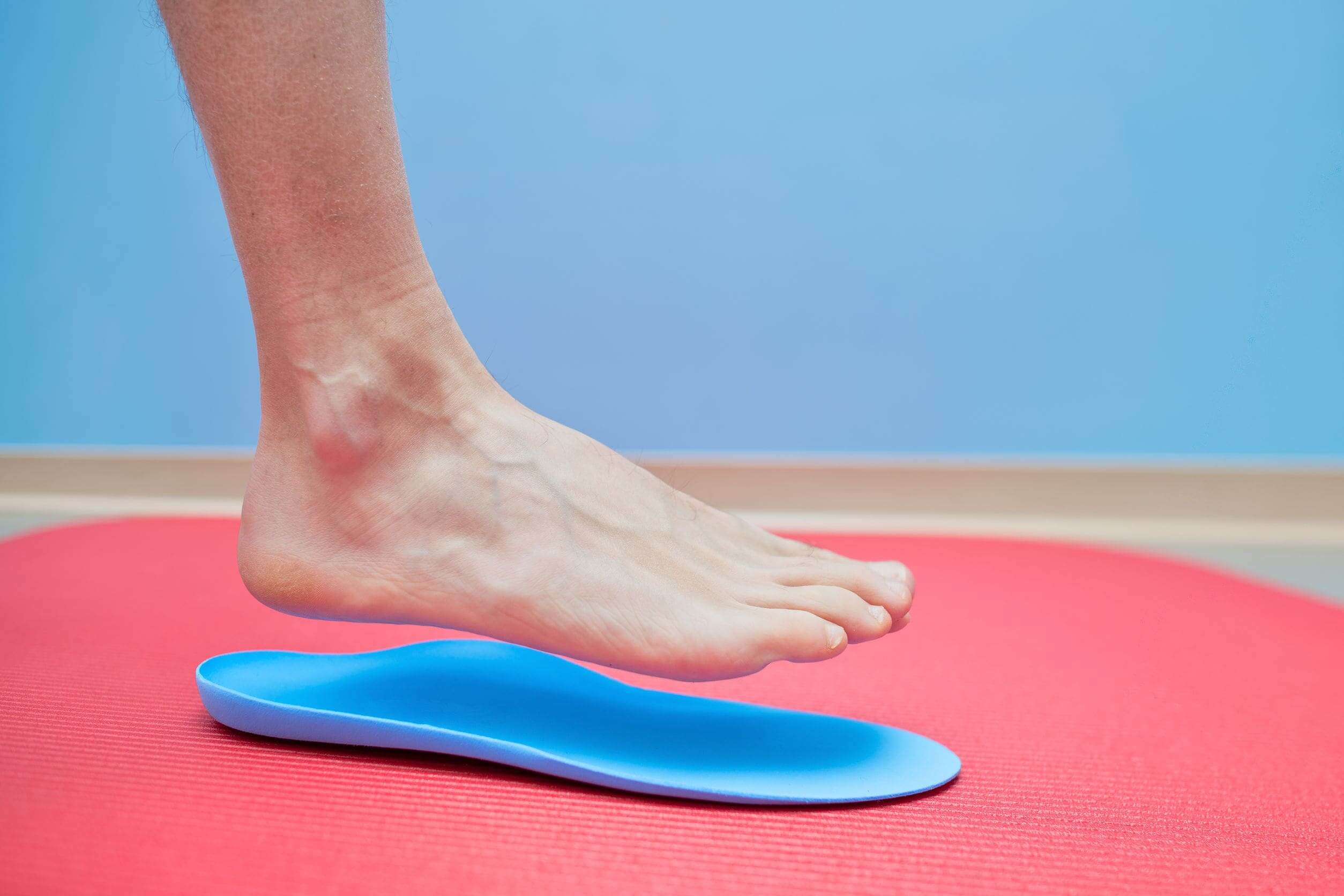
Jump to section
Neuropathy describes damage to your nervous system - your body’s command centre, where an extensive network of nerves connect our brain with the rest of the body, and control our ability to feel and move, alongside our breathing, vision, thoughts and much more.
While the nervous system is also responsible involuntary actions such as our digestion and heart rate, as podiatrists, we work extensively with patients whose nerves have been affected in two key ways: either their sensory nerves have been damaged and their ability to feel pain and other sensations has become interrupted, or their motor nerves are involved and their ability to produce voluntary muscle movements, like lift their foot up off the ground, is affected.
As the network of nerves in the body is very extensive, the symptoms you feel can vary greatly and will depend on which nerves have been damaged and how severe the damage is. Many non-traumatic, underlying causes of nerve damage progress over time, so symptoms can change and worsen. Examples of symptoms of neuropathy in the feet include:
In Australia, the most common cause of neuropathy in the feet is diabetes, with diabetic neuropathy being a precursor to a range of foot problems and complications. Aside from diabetes, it can also be caused by:
The most common risk factor for neuropathy is having diabetes. This risk factor is also somewhat controllable, though the extent of this can vary from person to person. Depending on how well you manage your blood sugars and control your diabetes, a person can often slow the progression of their neuropathy or delay its onset.
For our patients with diabetes, diagnosing neuropathy and getting an insight into its severity is a routine and important part of their annual diabetes foot health check, and is done by running some simple tests during your appointment to detect whether the feeling in their feet has become diminished or disrupted. If it is, this indicates that you are experiencing some level of neuropathy, though it is also important to understand why.
If you do not have diabetes, your podiatrist will review your medical history to see if there is anything obvious that matches your clinical signs and symptoms - like a recent injury to the area, or a surgery. In the absence of any obvious explanations for the changes in sensation or motor control you’re experiencing, your doctor may want to run blood tests, nerve conduction tests, or other tests. Understanding what is causing your neuropathy gives you the opportunity to address the cause, and where possible, to help slow or halt its progression.
The best way to manage peripheral neuropathy depends on what is causing it. If the cause is a vitamin deficiency or diabetes, the goal is to effectively manage this underlying problem, while also managing any symptoms and risk factors that the neuropathy creates - such as putting you at risk for unnoticed wounds if you cannot appropriately detect feeling in your feet, or putting you at risk for regular tripping and falling if muscle weakness in your foot results in a foot drop.
If the cause of your neuropathy is unknown, or it is permanent such as from after surgery, the goal is also to help manage your symptoms and reduce your risk of complications. Part of this may involve pain medications from your GP, if you are experiencing sharp or severe pain.
Your podiatrist can be a valuable asset when it comes to managing the symptoms of neuropathy on your feet. We’re proud to offer the ASA laser, a low-level laser that is safe, painless and proven to be effective in significantly reducing neuropathic pain while also improving the microcirculation of the skin.,
By working with a podiatrist, you can expect to:
We may also recommend using capsaicin creams or ointments, which are shown to reduce pain from a range of neuropathies by working as an analgesic and desensitising the local pain nerves.
If you have peripheral neuropathy, the best thing you can do is to help reduce your risk of injury to your feet when you’re at home and out and about. This includes:
While it’s not always possible to prevent neuropathy due to the variety of causes, many of which are outside of our control, you can
take steps to help support your foot health, slow the progression of symptoms, and help prevent complications together with your podiatrist.
This focuses on helping manage the underlying causes of your neuropathy, which your podiatrist will discuss with you.
You can book in with one of our podiatrists in Brisbane City or Newmarket here.

Our feet are the foundation for the entire body, so it's important that they have enough strength to tolerate our activity levels. Use
these three exercises to help strengthen your feet.

Not everyone needs orthotics, but they can play an integral role in treating or relieving pain in several foot and lower limb conditions.

The heat and humidity of an Australian summer makes it a prime time for issues to arise, so our newest podiatrist Lucy has put together
seven helpful tips to keep your feet healthy and problem free throughout summer.
| Monday | 7:40am - 6:00pm |
| Tuesday | 7:40am - 6:00pm |
| Wednesday | 7:40am - 6:00pm |
| Thursday |
7:40am - 6:00pm |
| Friday | CLOSED |
| Saturday | CLOSED |
| Sunday | CLOSED |
Ground Floor, 344 Queen Street,
Brisbane City QLD 4000
| Monday | 7:40am - 6:00pm |
| Tuesday | 7:40am - 6:00pm |
| Wednesday | 7:40am - 6:00pm |
| Thursday |
7:40am - 6:30pm |
| Friday | 7:40am - 5:00pm |
| Saturday | 7:40am - 4:30pm |
| Sunday | CLOSED |
Newmarket Village, 114/400 Newmarket Rd, Newmarket QLD 4051